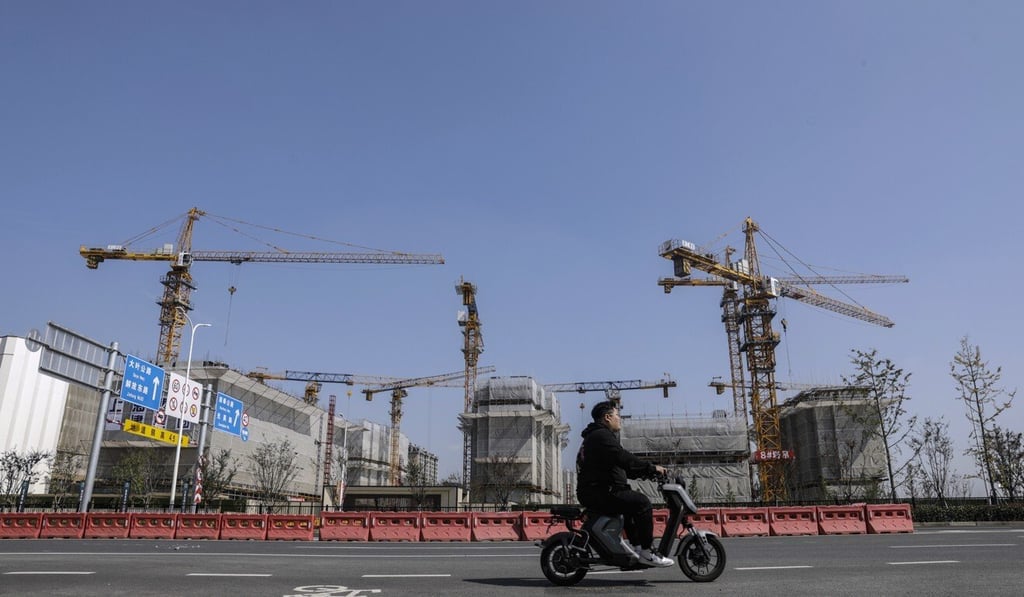Chinese e-commerce giants come to rescue of ailing property sector, step up sales of discounted homes on Singles’ Day
- Tmall says 800,000 homes will be available for sale at discounts of up to 1 million yuan
- JD.com and Tencent’s Beike Zhaofang report surge in sales

Some of China’s biggest e-commerce platforms are teaming up with property developers to sell homes at discounts during this year’s Singles’ Day shopping festival.
The event, held on November 11 every year, was started by e-commerce giant Alibaba Group Holding in 2009 and has since surpassed other shopping events such as “Black Friday” and “Cyber Monday”.
Tmall, Alibaba’s e-commerce platform, said 800,000 homes in 3,000 residential projects – or 40 per cent of major new developments currently on the market – will be available for sale. Each unit will be offered at a discount of up to 1 million yuan (US$151,101).
“The developers will offer more discounts, betting on big e-commerce platforms’ reputation, to shore up their sales and collect as much cash as quickly as possible,” said Yan Yuejin, director of Shanghai-based E-house China Research and Development Institute. “They need to drum up their sales to gain access to cash, to meet the central bank’s requirements,” he said, adding that the online sales were their “best shot”.
